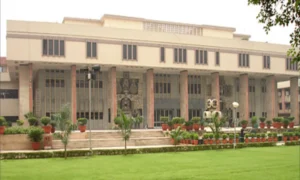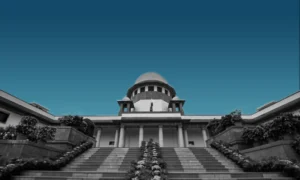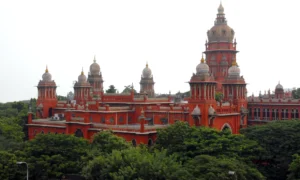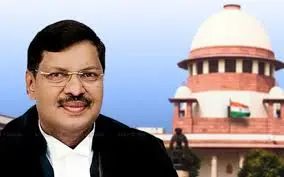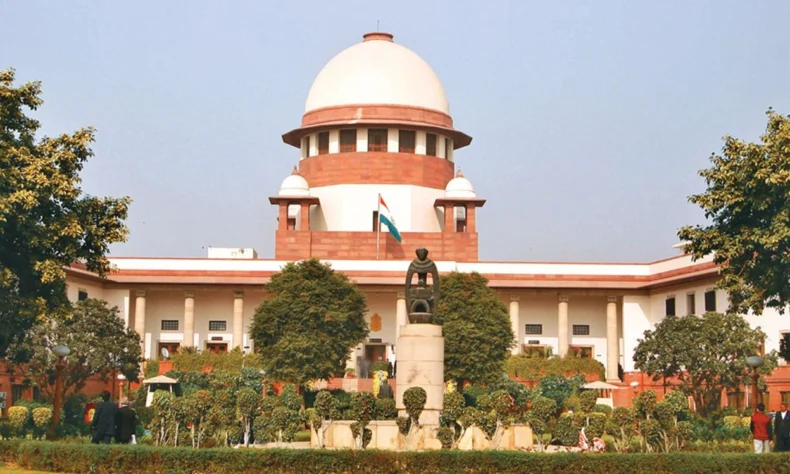
The Supreme Court has reiterated that a criminal investigation cannot be permitted to continue indefinitely and that an unjustified delay in submitting a chargesheet may, in appropriate cases, constitute valid grounds for quashing the proceedings altogether.
A Bench comprising Justice Sanjay Karol and Justice N Kotiswar Singh observed that a trial court does not lose its authority after allowing further investigation under Section 173 subsection 8 of the Criminal Procedure Code. Instead, the court must continue to supervise the investigative process and ensure that the investigating agency provides satisfactory reasons for any prolonged delay. The Bench stressed that when there is a significant gap between the registration of the first information report and the final or supplementary chargesheet, the court is duty bound to seek an explanation and to determine whether the delay is reasonable.
The ruling came in a case concerning an Indian Administrative Service officer against whom an investigation had dragged on for more than eleven years before a supplementary chargesheet was finally filed. The Court found the delay wholly unjustified and lacking any convincing explanation. On that basis, the Court concluded that allowing the prosecution to continue would be unfair and contrary to the constitutional guarantee of a speedy trial. Consequently, the criminal proceedings against the officer were quashed.
The Bench acknowledged that investigations may sometimes require additional time due to their complexity. However, it also emphasised that an accused person cannot be left in a state of perpetual uncertainty. Prolonged investigation, without clear justification, becomes oppressive and infringes the rights protected under Article twenty one of the Constitution.
The judgment further clarified that an accused is entitled to seek intervention from the High Court under Section 482 of the Criminal Procedure Code, or under the corresponding provision in the Bharatiya Nagarik Suraksha Sanhita, when an investigation remains pending for an unreasonably long period. The Court also underscored the importance of transparency and accountability on the part of authorities responsible for granting or refusing sanction for prosecution, noting that such decisions must reflect proper application of mind.
Through this decision, the Supreme Court reaffirmed that while the law allows further investigation, it does not sanction an endless investigative process. When delay reaches a level that undermines fairness, the continuation of criminal proceedings becomes legally untenable.
📰 Crime Today News is proudly sponsored by DRYFRUIT & CO – A Brand by eFabby Global LLC
Design & Developed by Yes Mom Hosting

